The South Korean government has announced a comprehensive ban on all seafood imports from Japan, escalating its response to growing concerns over radioactive contamination from the Fukushima nuclear disaster. This drastic measure comes after months of heated public debate and increasing pressure from consumer advocacy groups demanding stricter food safety controls. The decision marks a significant deterioration in trade relations between the two East Asian neighbors and reflects deepening anxieties about nuclear-tainted food products entering the Korean market.
Officials from Korea's Ministry of Food and Drug Safety confirmed the ban would cover all aquatic products harvested or processed in Japan, regardless of their specific origin within the country. "We cannot in good conscience continue allowing potentially hazardous food items to reach Korean dinner tables," stated Minister Lee Young-sook during a tense press conference in Seoul. "Until Japan provides verifiable, science-based evidence that their seafood exports meet international safety standards, this prohibition will remain in effect."
The controversy stems from Japan's controversial decision to begin releasing treated radioactive water from the crippled Fukushima Daiichi nuclear plant into the Pacific Ocean. Although Japanese authorities and the International Atomic Energy Agency (IAEA) maintain the discharge process follows strict safety protocols, neighboring countries have expressed skepticism. South Korean fishing communities and environmental activists have staged weekly protests since the water release commenced, with demonstrators carrying placards reading "Protect Our Oceans" and "No to Nuclear Seafood."
Japanese trade officials have condemned Seoul's import ban as "unscientific" and "politically motivated," warning of potential retaliatory measures. Chief Cabinet Secretary Hirokazu Matsuno accused South Korea of disregarding IAEA findings that deemed the Fukushima water release safe. "This arbitrary action violates international trade rules and damages the economic partnership our nations have carefully built over decades," Matsuno told reporters in Tokyo. The Japanese Fisheries Agency released data showing over 200 South Korean seafood importers have already severed contracts with Japanese suppliers since August.
Market analysts predict the ban will have immediate ripple effects across Asia's intricate seafood trade networks. Japanese export data reveals South Korea previously accounted for approximately 15% of Japan's $2.3 billion annual seafood exports. The Korean seafood market has already seen price surges for popular alternatives like mackerel and squid, traditionally sourced from Japanese waters. "We're scrambling to secure supplies from Norway, Russia, and Southeast Asia," admitted Kim Joon-ho, director of Seoul's largest fish wholesale market. "But transportation costs will inevitably drive up consumer prices."
Consumer reactions in South Korea remain sharply divided. While many housewives expressed relief at supermarkets, restaurant owners specializing in Japanese cuisine face existential threats. "Over 70% of our ingredients come from Japan," lamented sushi chef Park Min-woo, whose upscale Gangnam establishment has operated for twelve years. "We can't just switch to other countries' products and maintain quality." Meanwhile, Korea's domestic fishing industry has welcomed the protectionist measure, with the National Federation of Fisheries Cooperatives pledging to increase production to fill the supply gap.
The scientific community continues debating actual radiation risks. Professor Choi Yoon-seok of Korea University's Nuclear Engineering Department argues current radiation levels in Japanese seafood fall far below dangerous thresholds. "Emotional reactions are outpacing factual understanding," he noted. However, a coalition of medical associations countered with studies suggesting long-term consumption of minimally contaminated seafood could pose cumulative health risks, particularly for children and pregnant women.
This trade conflict occurs against a backdrop of fragile diplomatic relations between Seoul and Tokyo, still strained by historical grievances dating back to Japan's colonial rule of Korea. Some political analysts interpret the seafood ban as President Yoon Suk Yeol's concession to domestic critics after his controversial moves to improve ties with Japan earlier this year. The opposition Democratic Party has seized on the issue, with lawmakers demanding even broader restrictions on Japanese agricultural imports.
International observers worry the dispute could undermine regional cooperation on food safety standards. The World Trade Organization (WTO) may eventually need to mediate, though such processes typically require years to resolve. For now, Korean customs officials have begun implementing rigorous radiation screening for all food imports, while Japanese fisheries face their most severe export crisis since the 2011 Fukushima disaster itself.
The human dimension of this trade war emerges most poignantly in coastal communities on both sides of the Korea Strait. In Japan's Miyagi Prefecture, third-generation fisherman Takashi Watanabe stares at his boats with growing despair. "Korean buyers took nearly half our annual catch," he says, kicking at the dock. Simultaneously, in Korea's Busan port, seafood vendors report Japanese products disappearing from markets virtually overnight. "Customers keep asking if our squid is 'clean'," sighs merchant Lee Hye-ji. "How am I supposed to answer that?"
As the lunar tide tables in both nations' fishing villages continue marking the rhythm of generations-old maritime traditions, the political and scientific storm shows no signs of abating. With no clear resolution in sight, the Fukushima water release controversy has unleashed waves of consequence far beyond what its planners apparently anticipated - washing up on shores diplomatic, economic, and cultural across Northeast Asia.
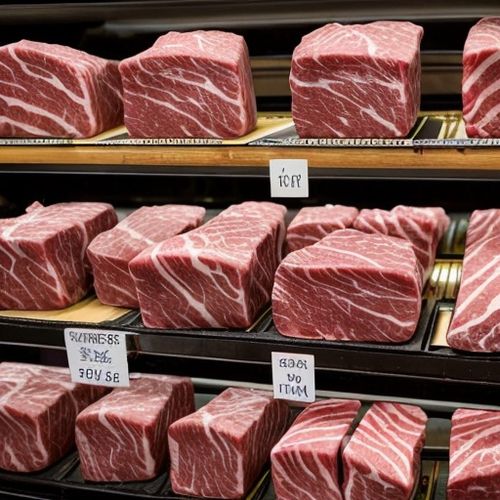
By Lily Simpson/Apr 10, 2025
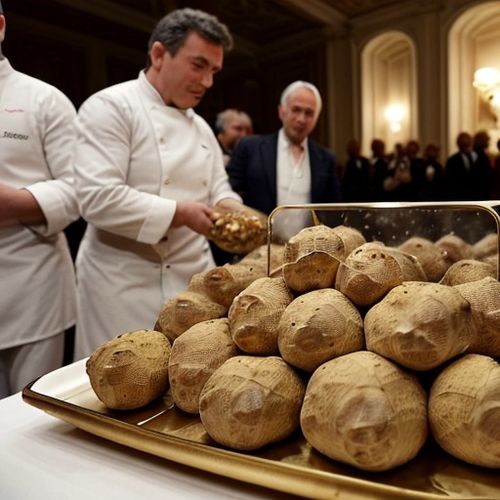
By Victoria Gonzalez/Apr 10, 2025
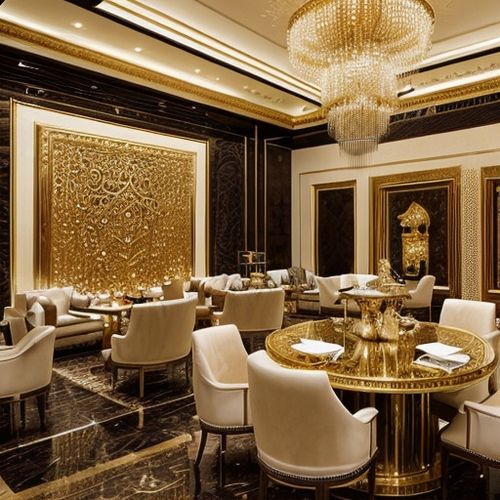
By Emily Johnson/Apr 10, 2025
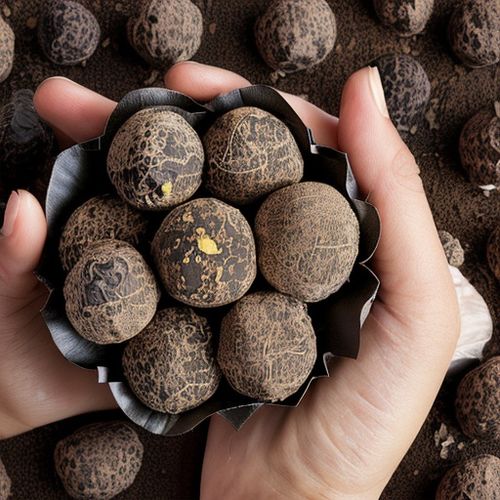
By Megan Clark/Apr 10, 2025
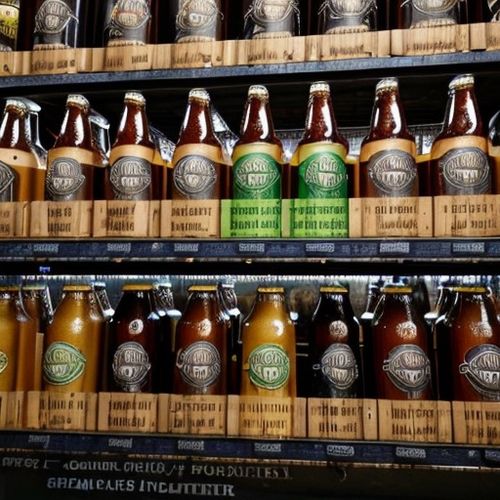
By Amanda Phillips/Apr 10, 2025
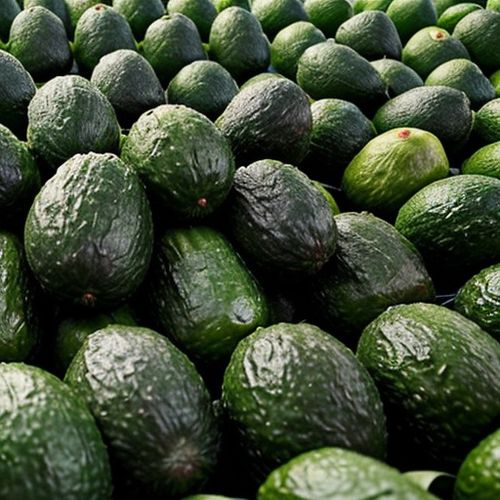
By James Moore/Apr 10, 2025
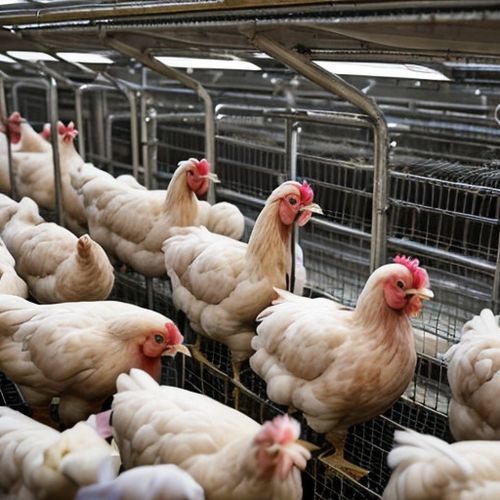
By Noah Bell/Apr 10, 2025

By Eric Ward/Apr 10, 2025
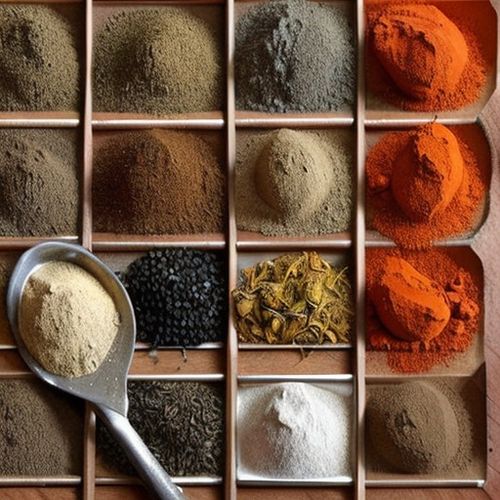
By Megan Clark/Apr 10, 2025
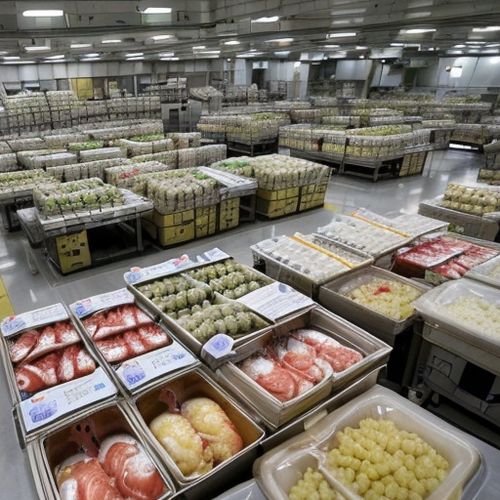
By Natalie Campbell/Apr 10, 2025
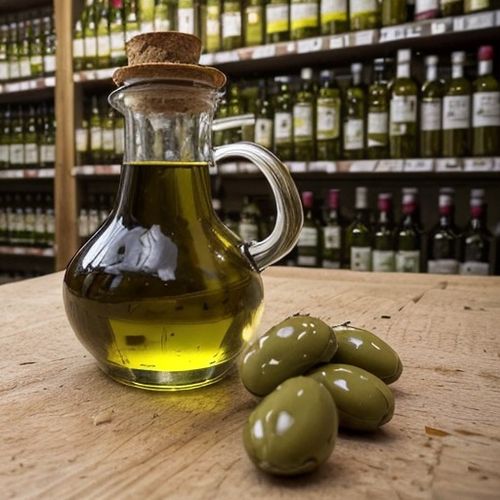
By Amanda Phillips/Apr 10, 2025
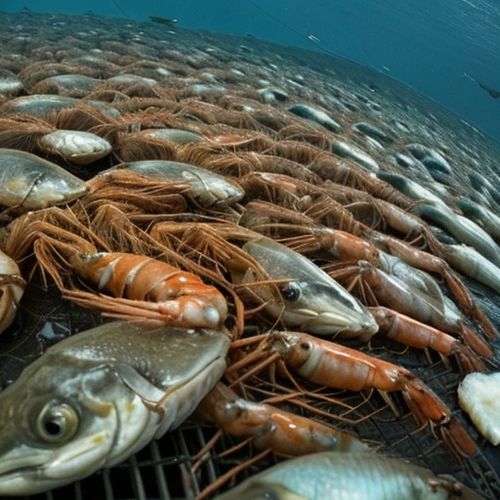
By Michael Brown/Apr 10, 2025

By Elizabeth Taylor/Apr 10, 2025
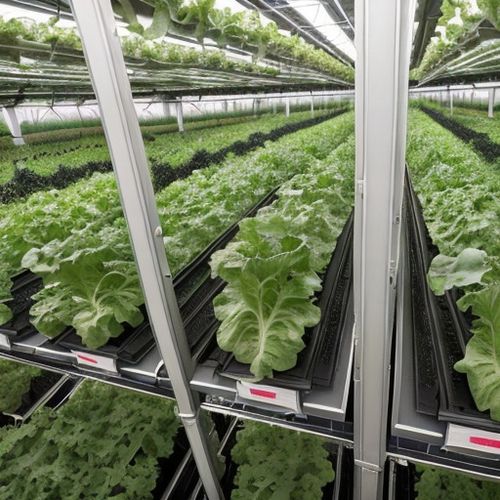
By Emma Thompson/Apr 10, 2025
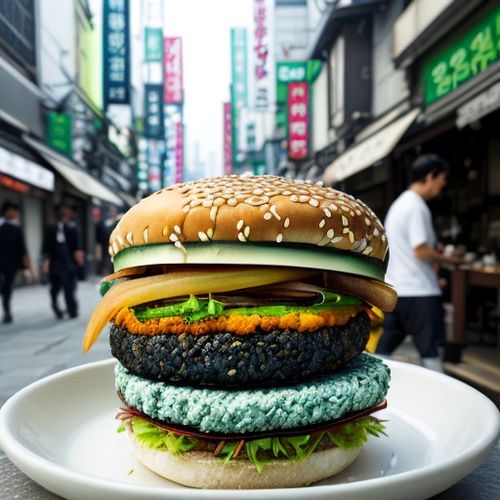
By Natalie Campbell/Apr 10, 2025
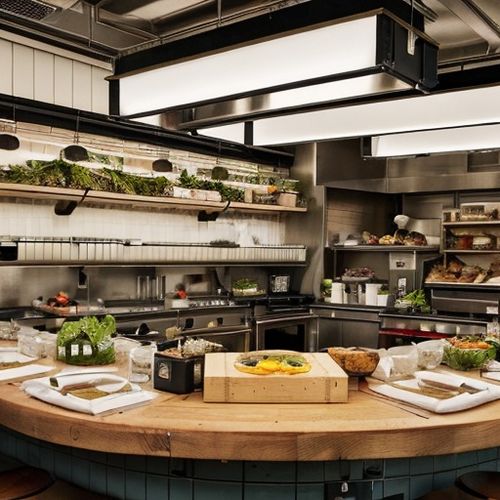
By Eric Ward/Apr 10, 2025

By Sophia Lewis/Apr 10, 2025